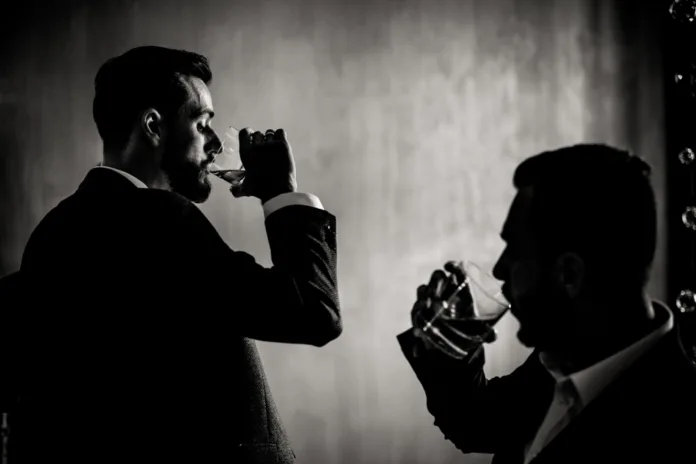Viral tiktok video fuels controversy over tipping practices, drawing sharp divides in public opinion
The ongoing debate around tipping etiquette has gained fresh fuel after a man, Dustin Anderson, took to TikTok to share his reasons for abstaining from tipping and questioning the traditional ’20 or 25 percent’ expectations for servers.
In a video posted in November, Anderson argues that the notion of tipping was initially tied to exceptional service but has now become an anticipated norm, leading him to opt-out of the practice.
Embed from Getty Images“It used to be you give a tip if someone gave exceptional service,” he states. “When was the last time you got exceptional service anywhere? It’s just expected.”
The TikToker contends that servers, merely doing their job, should not automatically expect ’20 percent’ or ’25 percent’ tips for routine tasks like delivering food and drinks.
Looked at from a pedantic standpoint, a typical tip is suggested to be around 10-15 percent of the total bill, possibly 20 percent for above-average service, according to Table Agent.
The TikTok video, garnering over three million views and tens of thousands of comments, has ignited diverse opinions on the matter. Some users express support for Anderson’s stance, emphasizing that tipping expectations have become excessive, especially in various service scenarios beyond restaurants.
While some argue against tipping at places like pick-up counters, car washes, bars, and nail salons, others believe it is essential to consider the nuances of tipping in the service industry.
Addressing restaurant owners in his video, Anderson emphasizes that he is not against ensuring fair compensation for workers and encourages businesses to transparently communicate the costs involved.
The viral video intensifies discussions about tipping practices and its broader implications in the service industry, sparking conversations about fairness, expectations, and the evolving dynamics of gratuity.
